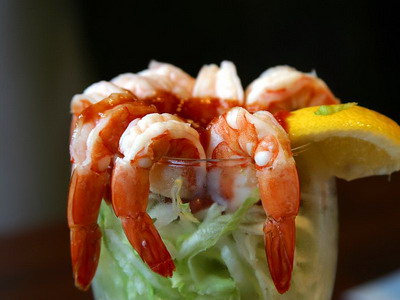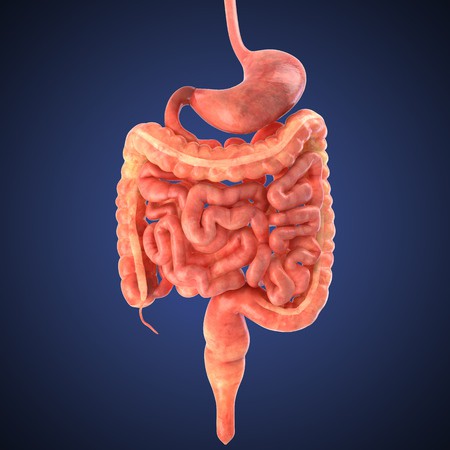Food Poisoning Causes
Food poisoning is one of the very common illnesses. It is mild for most people but sometimes become severe and even deadly for some people.
Therefore it is important to be aware of the causes of food poisoning to maintain a healthy and a secure life. The important cause of food poisoning could be the consumption of contaminated food or water.
As all the food items contain small amount of bacteria, improper handling and storage and even improper cooking can lead to the multiplication of bacteria in large number. This will cause food poisoning very easily.
Moreover if the food items for which the expiration date has crossed are consumed then there are chances for food poisoning to occur. Eating foods in hotels, parties are also subjected to food poisoning as these food items are not properly washed and cooked.
The causes of food poisoning can be classified into 2 categories:
- Infectious agents
These include viruses, bacteria and parasites.
- Toxic agents
Poisonous mushrooms, pesticides.
Contamination of food can occur anytime from when the food is obtained and till it is consumed. It is likely that contamination can occur during the stages of growing, harvesting, processing, storing and preparation. Also in some cases bacteria, viruses and parasites are transferred to food from other sources making these organisms the most common causes of food poisoning. Sometimes the poison or toxin is naturally part of the food.
Bacteria are the most common cause of food poisoning since they are capable of surviving even in raw food. Raw meat and poultry gets contaminated during slaughter whereas the sea foods get contaminated when they are harvested and processed. The sources of contamination vary from food to food. However the food items are contaminated from the early growing stage.

Leftover food items enhance the multiplication of bacteria very quickly. The growth of bacteria is un detected in most cases because neither the texture nor the color of the food is changed. Though freezing of food slows or stops the growth of bacteria it does not help in complete destruction of bacteria. When the food is thawed, the bacteria are reactivated. By heating the refrigerated food, bacteria can be destroyed.
To be precise, the common causes of food poisoning include the following:
- Bacteria and bacterial toxins
Salmonellae, Campylobacter, Staphylococcus aureus, Bacillus cereus, E.coli, Vibrio cholerae
- Viruses
- Parasites
Giardia (beaver fever), Cryptosporidium
- Mushrooms and toad stools
- Shell fish
- Insecticides

Other causes include wild nuts, flowers and leaves, berries, under ripe tubers, containers made of cadmium, minerals like lead or arsenic from fertilizers and acids and lead from poultry.
Food Poisoning Signs
What could be the symptoms and signs of food poisoning? Almost all forms of food poisoning produce nausea, vomiting, abdominal cramps and diarrhea. Food poisoning due to bacteria results in fever and headache. The symptoms become significant from few hours after the consumption of contaminated food and they may last from a day up to a week depending on the severity. The persons using antacids heavily are subjected to greater risk of getting food poison.
In general the following are the symptoms of food poisoning:
- Nausea, vomiting, diarrhea
- Bloody diarrhea or pus in the stool
- Abdominal pain and cramps
- Fever lasting more than a day
- Dizziness
- Rapid heart rate
- Numbness and tingling in the arms and legs

Symptoms of food poisoning vary from individual to individual depending on the type of contaminant and the amount of consumption. Symptoms can develop rapidly or slowly extending for days and weeks. Food poisoning is generally not serious and the illness runs its course in one or two days. Noninfectious food poisoning affects the central nervous system. Shellfish causes symptoms of excess histamine. Such symptoms include skin rash, face pain, head ache and pain from over stimulation of affected organs like stomach and intestine. The nervous system is also affected by the mushroom poisoning. The symptoms may be shrunken eye pupils, tears, salivation at the mouth, sweating, vertigo, coma and sometimes seizures appear within 2 to 3 hours of eating a poisonous mushroom
Most common complicated result of food poisoning is dehydration. The body loses too much water and electrolytes like sodium and potassium. Food poisoning by ‘Listeria’ bacteria cause problems for unborn babies and E.Coli bacteria cause problems with the kidneys. Other severe complications include arthritis and bleeding problems. The worst case of food poisoning sometimes results in permanent nervous system problems and even death.
To prevent the effects of food poisoning from becoming even more severe it is important that care should be taken to avoid the consumption of food items that had caused food poisoning. Food is contaminated because of poor sanitation and preparation. Food poisoning is entirely preventable. Practicing good sanitation and food handling techniques can help to avoid food poisoning.


